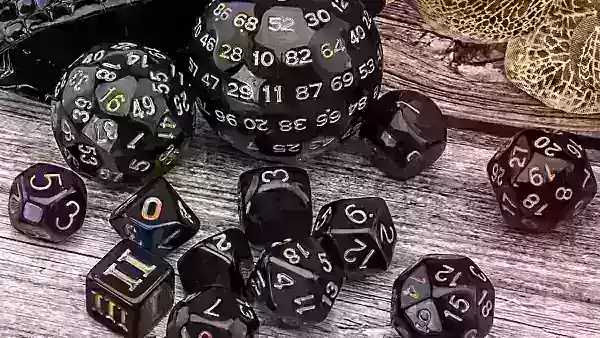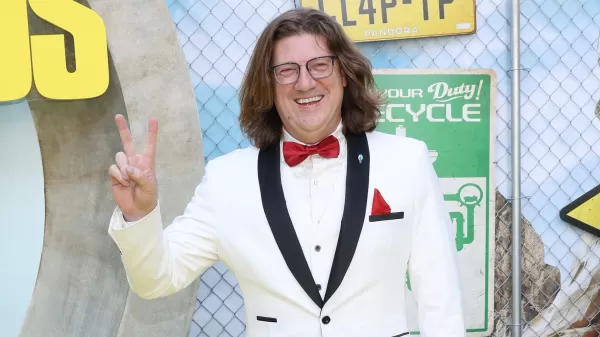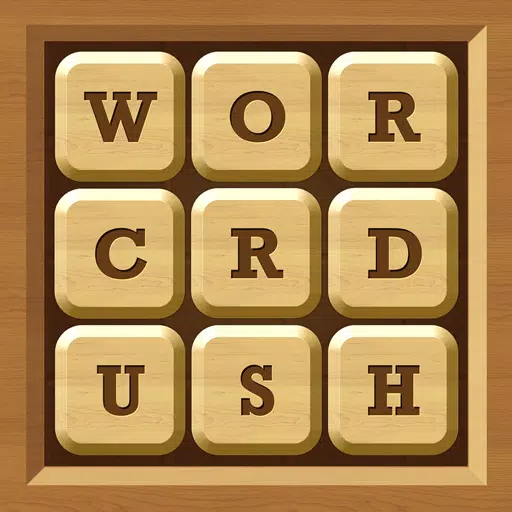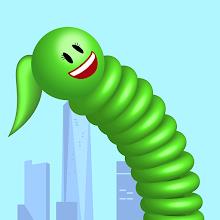Top Quentin Tarantino Films Ranked
Following a change of heart, Quentin Tarantino has canceled his eleventh film, The Movie Critic, leaving us wondering what the director's next (and likely final) movie will be. While we wait, it's the perfect time to delve into a Tarantino-athon, so we've ranked each of the 10 feature-length films the filmmaker has directed below. Note that we're focusing on "feature-length" films, so segments he directed for Sin City and Four Rooms are not included.
We don't think Tarantino's made a truly bad film yet, just a few that aren't as good as his best efforts. So bear that in mind as you read the following list. Even the least celebrated of Tarantino's films are often better than many other filmmakers' best works.
Here are the best Quentin Tarantino films, ranked. As always, remember to comment at the bottom of the page and let us know how you would rank Tarantino's films!
Ranking the Movies of Quentin Tarantino
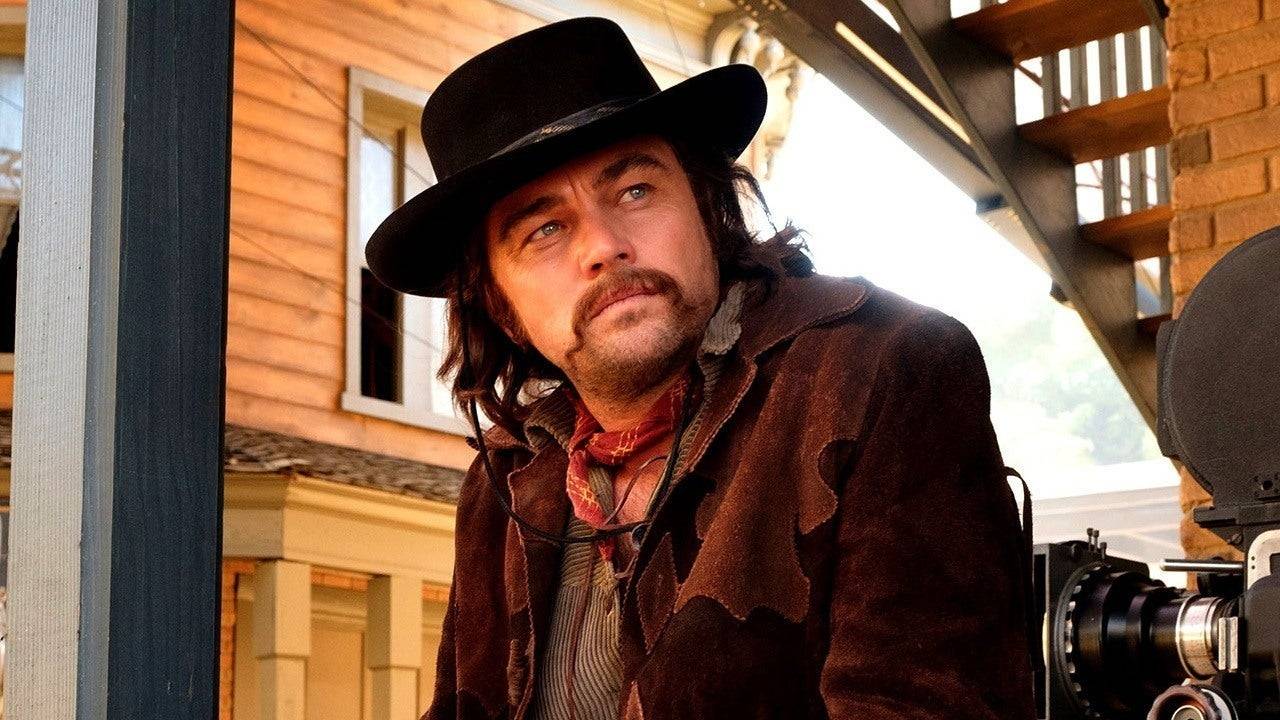
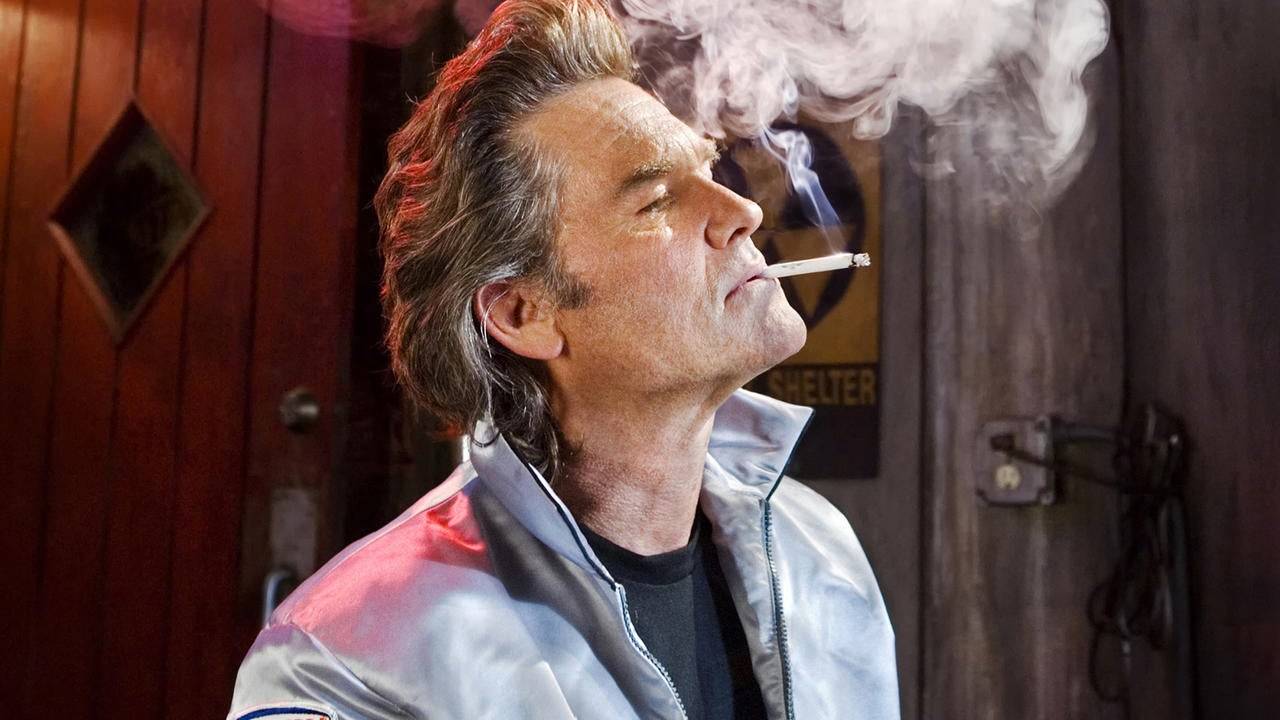 11 Images
11 Images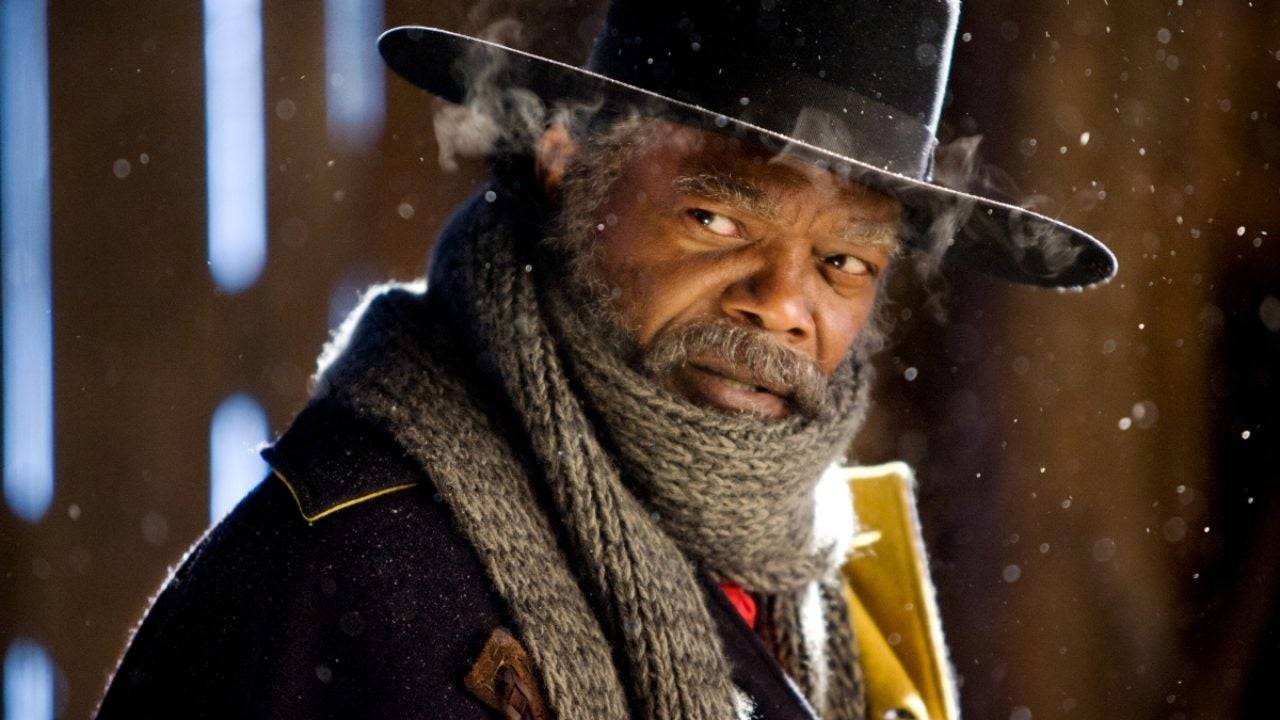
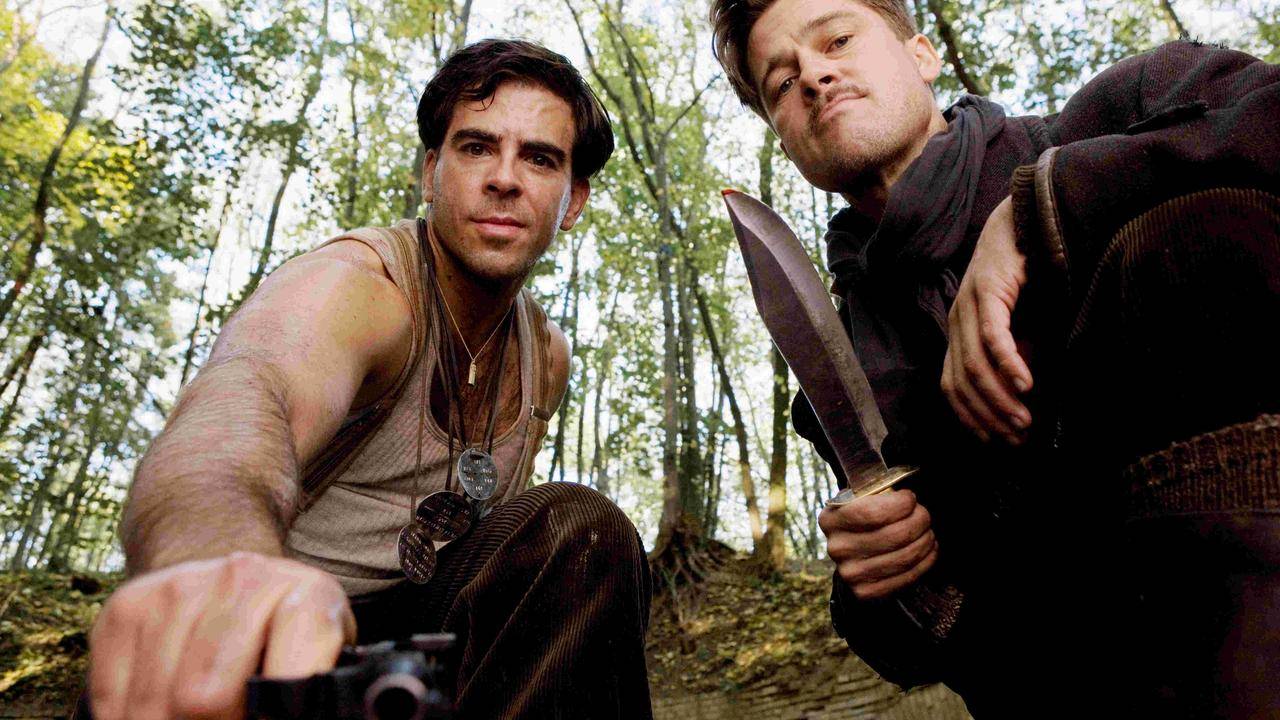
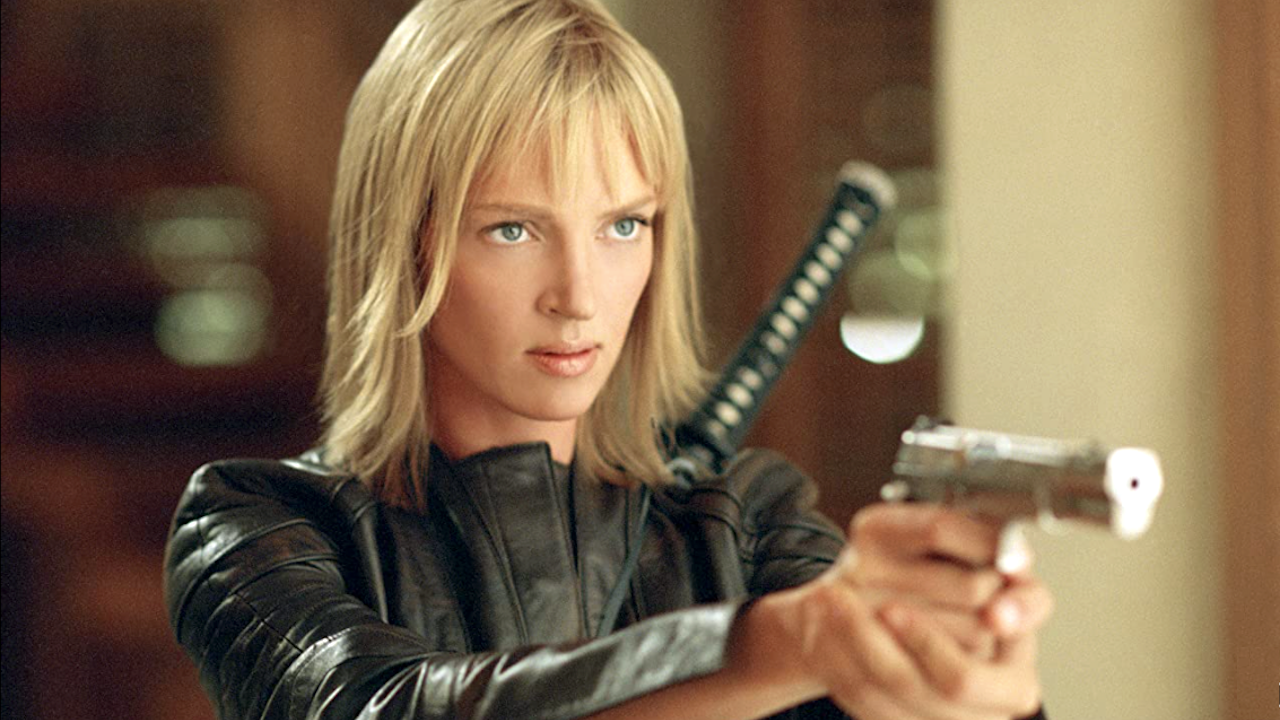
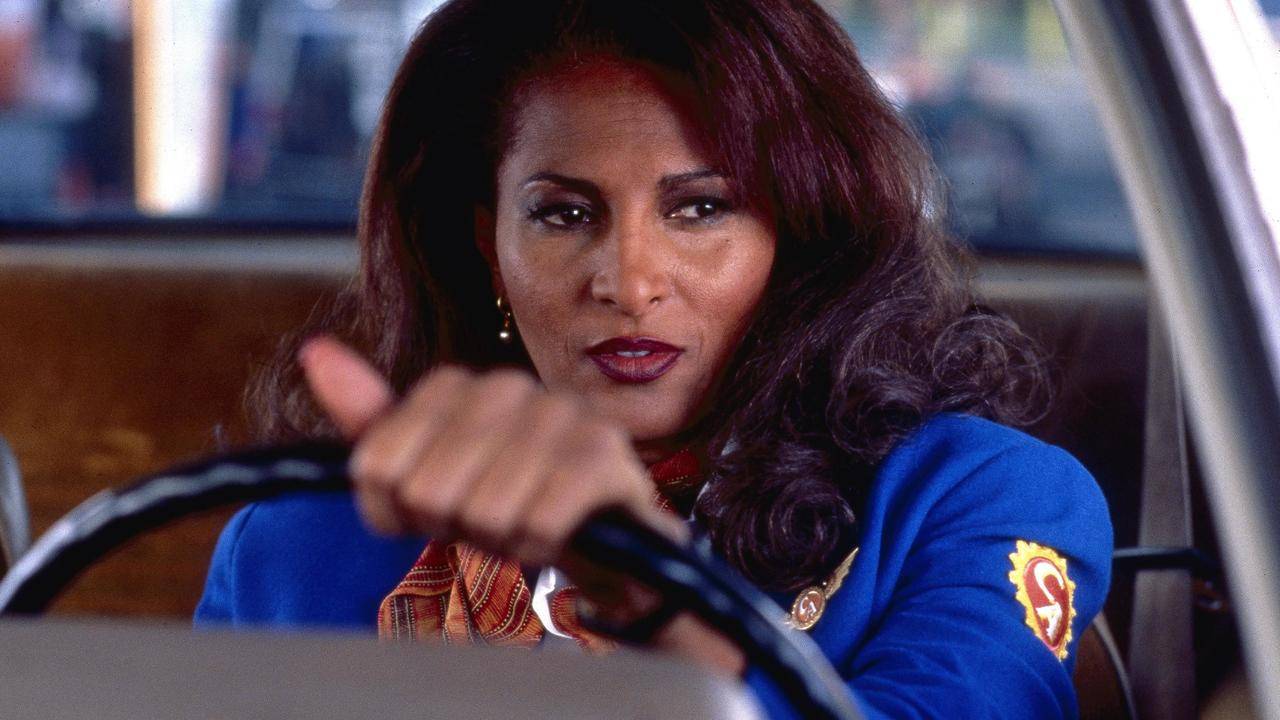
10. Death Proof (2007)
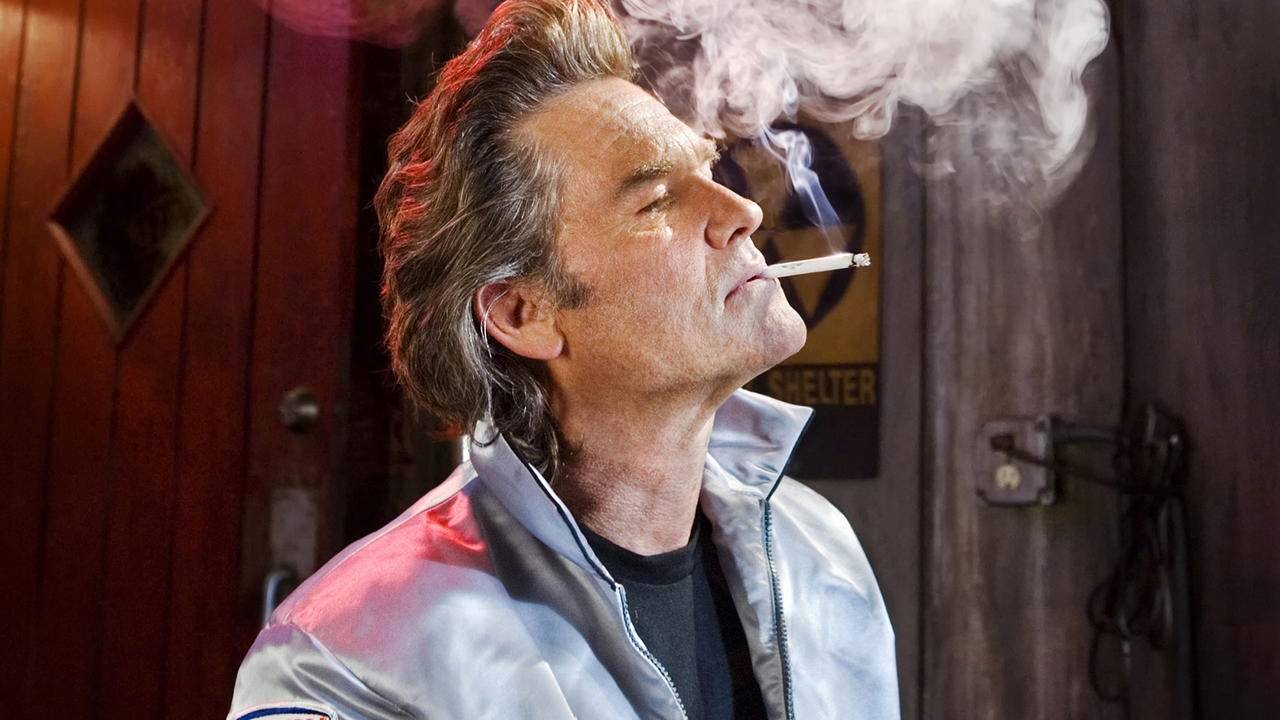
Let's start with this: Death Proof isn't as entertaining as Planet Terror, but it stands as a smart homage to B-movies. The film feels like a project a talented filmmaker might craft with friends over weekends, yet it's backed by a major production and features a sharp script.
The story follows Stuntman Mike, who targets beautiful, chatty women with his death-proofed car. It's a fast-paced movie that not only revitalizes Kurt Russell's career but also challenges viewers with nearly 40 minutes of dialogue before the action kicks in. While polarizing, especially outside of Cannes, it's a unique film without studio interference, making it a must-see in today's cinematic landscape. The film's climactic chase, fueled by revenge and pure adrenaline, is sure to captivate even the skeptics.
9. The Hateful Eight (2015)
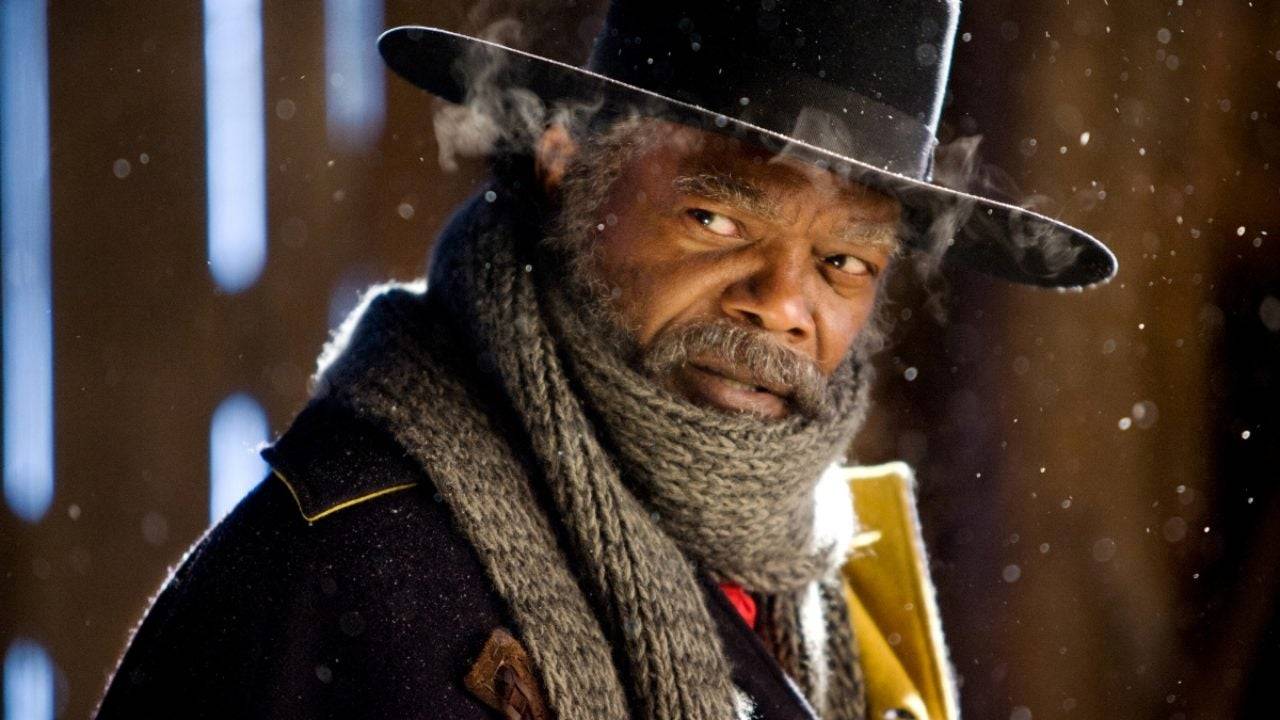
With its sharp humor and intense narrative, The Hateful Eight delves into race relations and human nature as brutally as it portrays violence and the Wild West. The film masterfully blends western and mystery genres with a touch of dark humor, offering a profound character study and a nod to traditional 70mm filmmaking.
Set post-Civil War, it tackles contemporary issues through its historical lens, making it arguably Tarantino's most nuanced and mature work to date. While fans might notice familiar elements from Tarantino's previous films, particularly Reservoir Dogs, the overall narrative remains compelling and impactful.
8. Inglourious Basterds (2009)
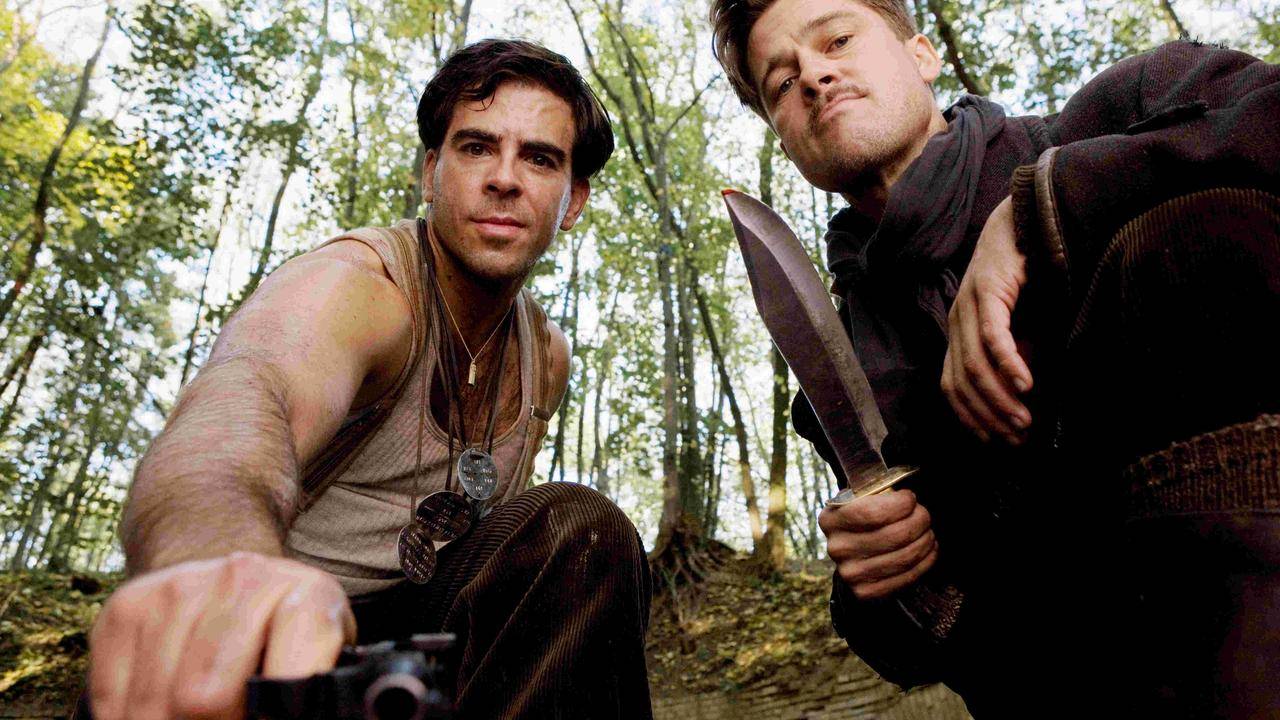
Inglourious Basterds is Tarantino's tribute to The Dirty Dozen, featuring a character-driven, mission-focused script. The film feels more theatrical than his recent works, akin to Reservoir Dogs, and is divided into distinct segments, each packed with stellar performances and dialogue-driven suspense.
Christoph Waltz's portrayal of Colonel Hans Landa is both chilling and captivating, earning him an Oscar for his nuanced performance. Brad Pitt's Lt. Aldo Raine, initially a one-dimensional character, gains depth through Pitt's compelling performance. Though the film excels in its parts, it struggles to coalesce into a cohesive whole.
7. Kill Bill: Volume 2 (2004)
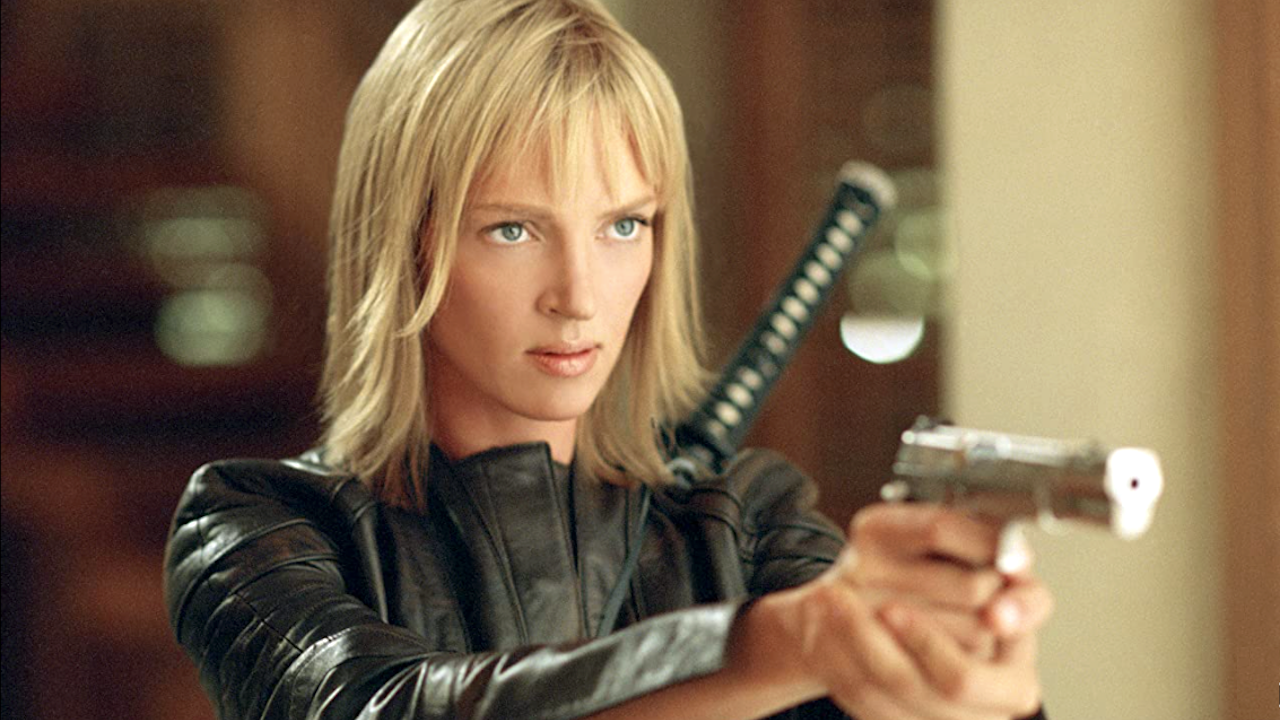
Kill Bill: Volume 2 follows The Bride (Uma Thurman) on her quest to eliminate the remaining three targets on her revenge list: Elle Driver (Daryl Hannah), Budd (Michael Madsen), and Bill (David Carradine). Tarantino promised this volume would lean more into his signature style of slick dialogue and pop culture references, and it delivers on that promise, becoming one of his most dialogue-heavy films.
The film explores The Bride's backstory, providing depth and context to her motivations. The intense showdown between The Bride and Elle Driver in Budd's trailer is a highlight, delivering a mix of violence and dark humor. Uma Thurman's performance continues to shine, showcasing her emotional range and commanding presence.
6. Jackie Brown (1997)
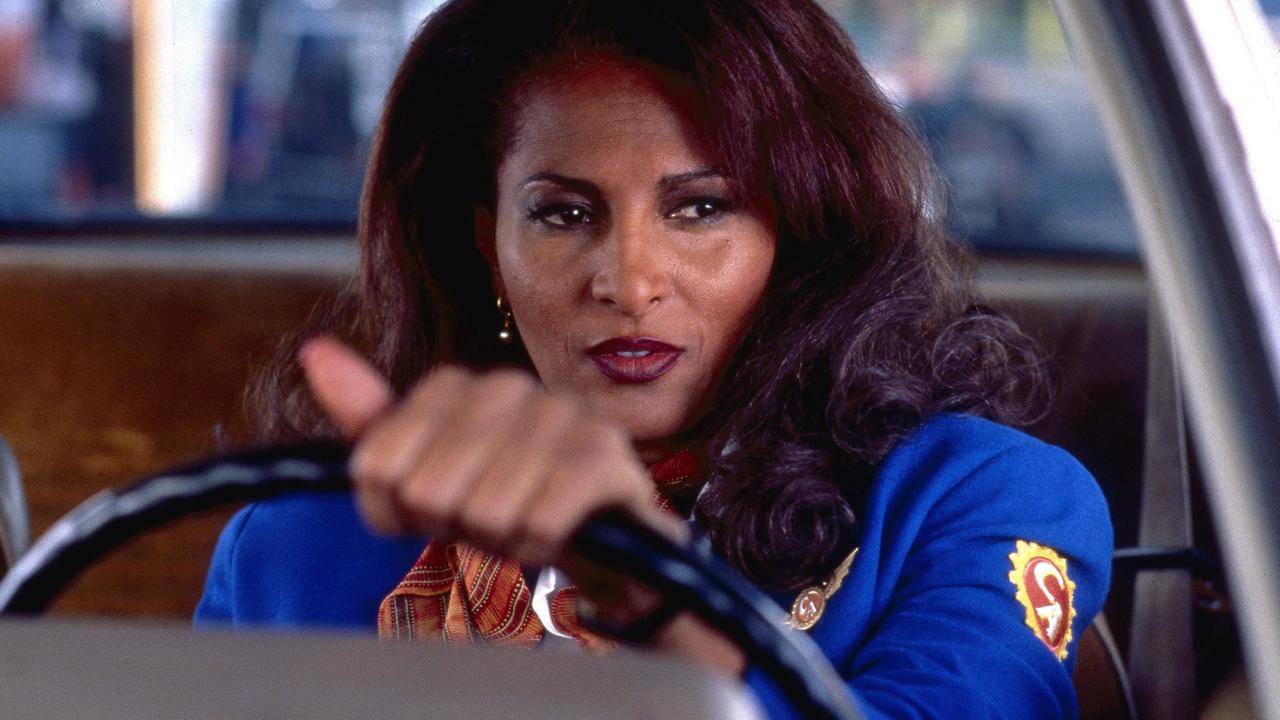
Upon its release, Jackie Brown was well-received but seen as a step down from Pulp Fiction. As Tarantino's only adaptation, it took him out of his comfort zone, though Elmore Leonard's influence is evident throughout his work.
In recent years, however, Jackie Brown has been reevaluated as one of Tarantino's strongest and most restrained character-driven films. Pam Grier's portrayal of the titular character, alongside Samuel L. Jackson's gun runner Ordell, Robert Forster's sympathetic bail bondsman, and Michael Keaton's no-nonsense ATF agent, drives a dense yet engaging plot centered around a $500,000 cash heist. It's a delight to see Tarantino's world inhabited by such a talented ensemble.
5. Django Unchained (2012)
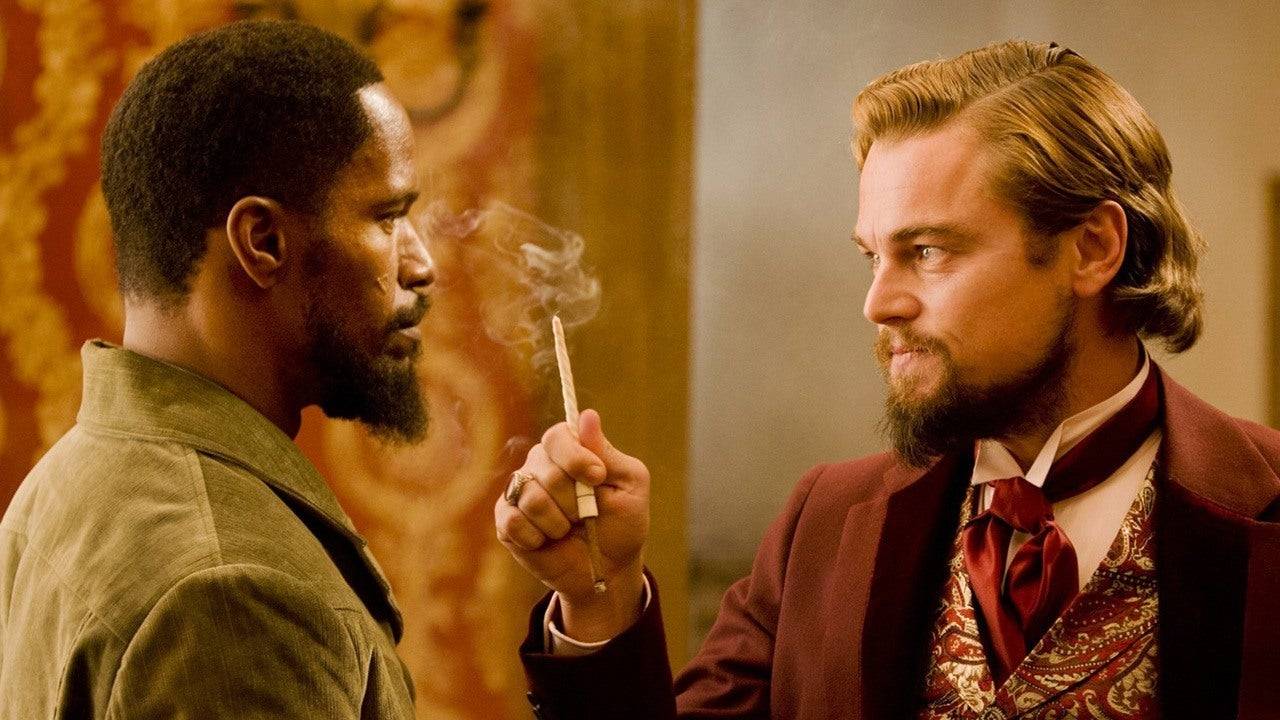
Django Unchained doesn't shy away from the horrors of slavery while delivering a wildly entertaining and violent tribute to spaghetti westerns. The film is designed as a crowd-pleaser, offering plenty of over-the-top action and humor.
What stands out is Tarantino's ability to balance the tone, shifting between absurd comedy and the brutal realities of life for slaves in the antebellum South. The depiction of casual racism is both shocking and historically accurate. Despite its dark themes, Django Unchained remains a fun and essential watch.
4. Once Upon a Time...in Hollywood (2019)
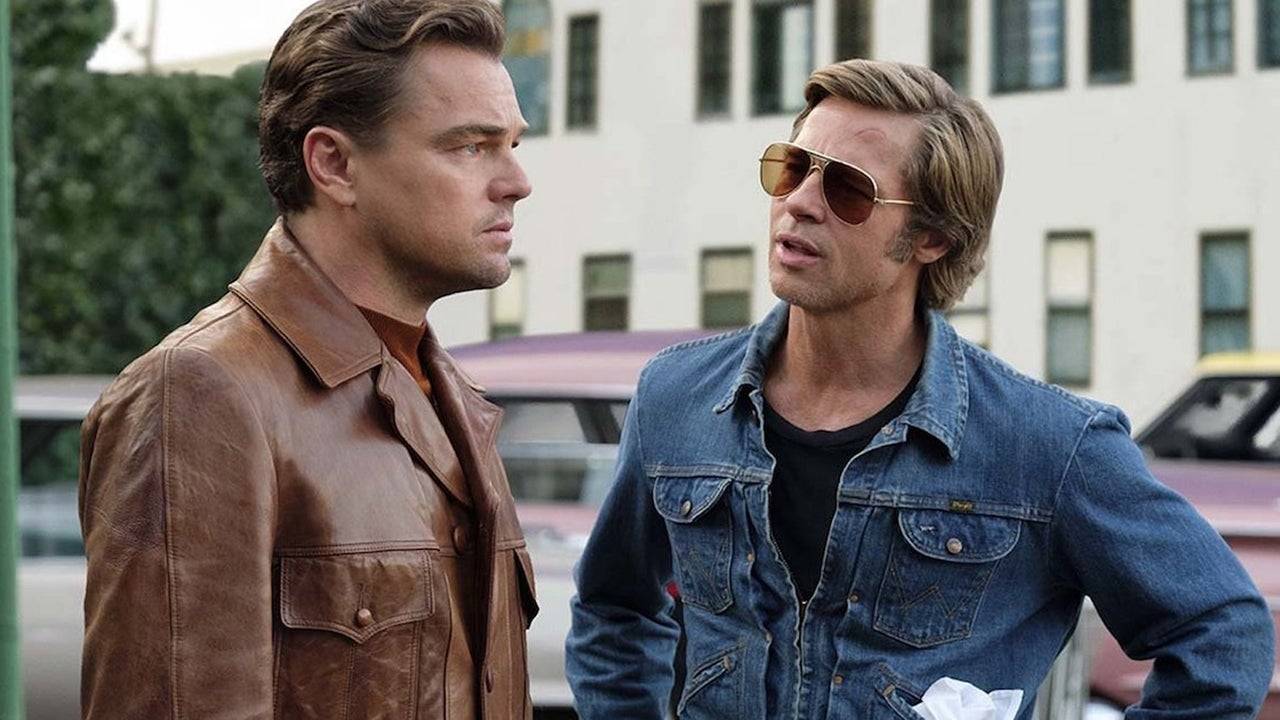
Once Upon a Time...in Hollywood, Tarantino's most recent film, is not only one of his best but also his second major alternate history project after Inglourious Basterds. It combines crowd-pleasing elements with a deeper emotional narrative, all while maintaining Tarantino's penchant for ultra-violence.
The story follows an aging actor and his stunt double navigating the changing landscape of Hollywood in 1969, inadvertently crossing paths with the Manson Family. With standout performances from Leonardo DiCaprio, Brad Pitt (who won an Oscar for his role), and Margot Robbie as Sharon Tate, the film is a nostalgic time capsule filled with memorable moments, great music, and intense scenes.
3. Reservoir Dogs (1992)
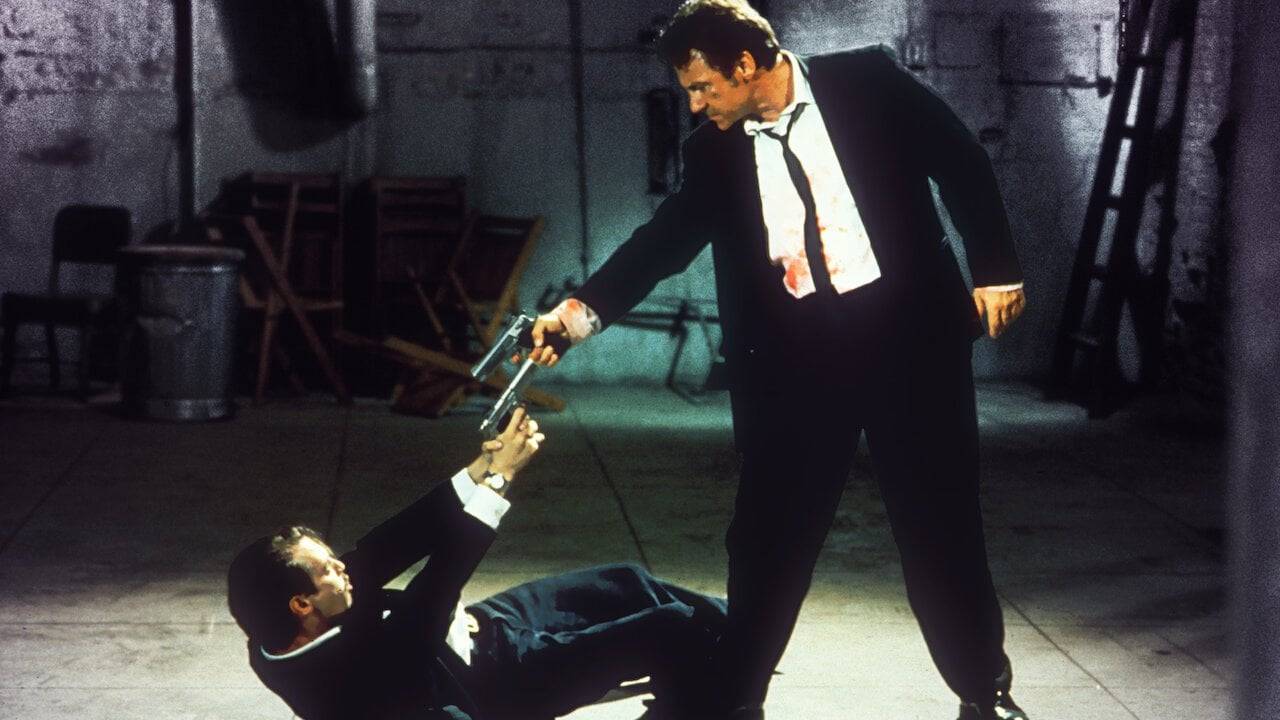
Reservoir Dogs, Tarantino's shortest film, is also his most tightly knit. Despite its digressions into pop culture, the film seamlessly weaves plot development and character building, moving at a breakneck pace. Tim Roth, Steve Buscemi, and Michael Madsen deliver breakout performances, while Harvey Keitel and Lawrence Tierney elevate the material to a poetic level.
Tarantino's direction transforms a largely single-location story into a minor epic, revolutionizing crime cinema and influencing a generation of filmmakers. His innovative style has been emulated, but never replicated quite as effectively. In just 100 minutes, Tarantino created an instant classic, establishing his name and defining a new era of filmmaking.
2. Kill Bill: Volume 1 (2003)
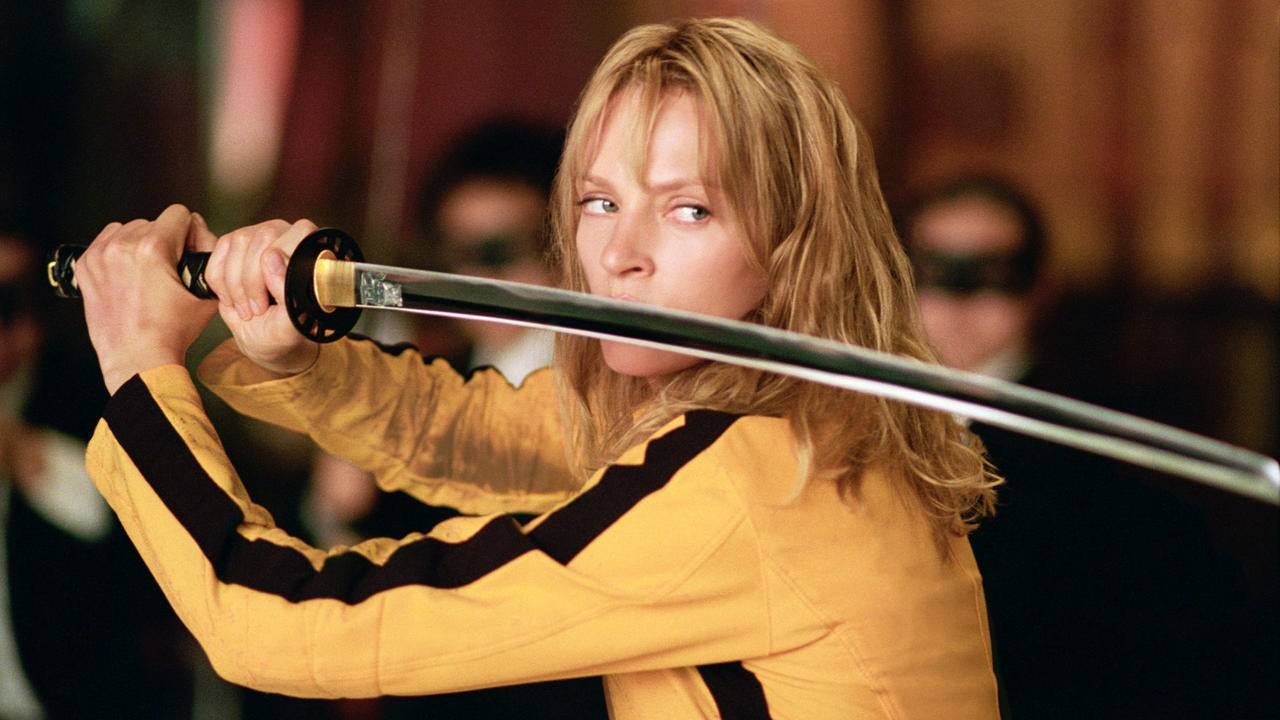
Kill Bill: Volume 1 is Tarantino's homage to The Bride Wore Black, following The Bride (Uma Thurman) as she seeks revenge on her ex-lover Bill (David Carradine) and his associates after they massacre her wedding party. After waking from a four-year coma, The Bride embarks on a global quest for vengeance.
This volume is a blood-soaked spectacle, with perfect casting across the board. Uma Thurman's portrayal of The Bride is particularly noteworthy, effortlessly delivering Tarantino's iconic lines and transitioning into a formidable action hero as the dialogue diminishes.
1. Pulp Fiction (1994)
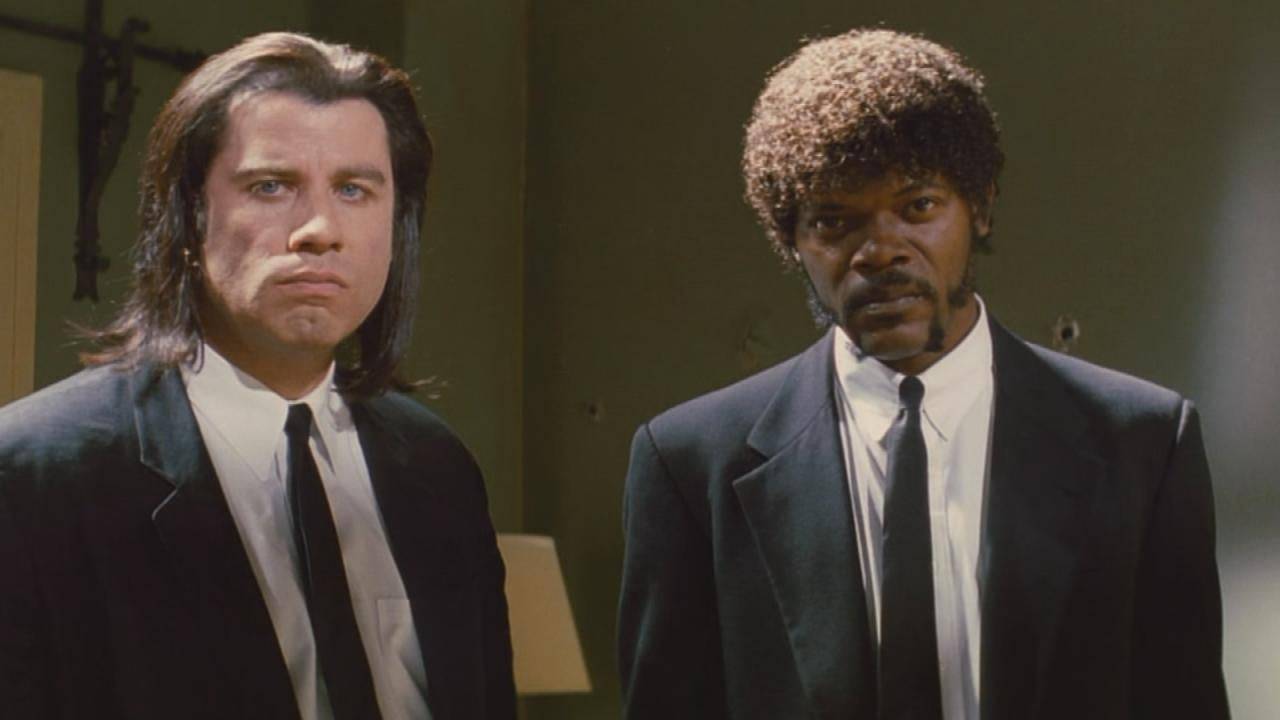
In 1995, Pulp Fiction faced off against Forrest Gump for the Best Picture Oscar. While Gump took home the award, many believed Pulp Fiction should have won, given its profound impact on pop culture.
Few films from the 1990s, or any decade, have influenced cinema as much as Tarantino's non-linear epic. It's a cinematic rock and roll experience, driven by a fanzine-like taste and instantly quotable dialogue. Featuring guns, a Bible-quoting hitman, his morally ambiguous partner, leather-clad gimps, and five-dollar milkshakes, Pulp Fiction is a cultural phenomenon.
Tarantino's direction, coupled with his use of source music, established him as a visionary filmmaker. The film not only changed the way movies were made but also raised the bar for what cinema can achieve. Not bad for a second feature.
The best Quentin Tarantino movies
And that's it for our list of the best Tarantino movies. Do you agree with our ranking, or is your ranking different? Let us know in the comments or create your own Tarantino tier list using our handy tier tool above.
-
Dungeons & Dragons (D&D) is the iconic tabletop role-playing game that combines collaborative storytelling with strategic gameplay through dice mechanics. Fueled by mainstream hits like the "Honor Among Thieves" movie and Baldur's Gate 3's success, tAuthor : Dylan Feb 24,2026
-
Randy Pitchford has responded to the criticism surrounding his controversial "$80 for real fans" tweet about Borderlands 4 after someone transformed it using a Handsome Jack AI voice.The backlash began when Pitchford replied to a concerned fan worrieAuthor : Ethan Feb 23,2026
- Classic WoW vs. Turtle WoW: 6 Key Differences
- Mastering Two-Handed Weapons in Elden Ring: A Guide
- Roblox Simulator Codes: Unlock Exclusive Rewards!
- Wuthering Waves: Uncover the Secrets of Whisperwind Haven's Palette
- Ultimate Guide to Shinigami Progression in Hollow Era
- Top 25 Palworld Mods to Enhance Your Game

